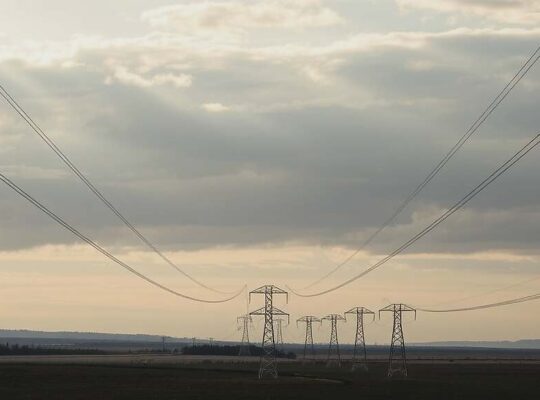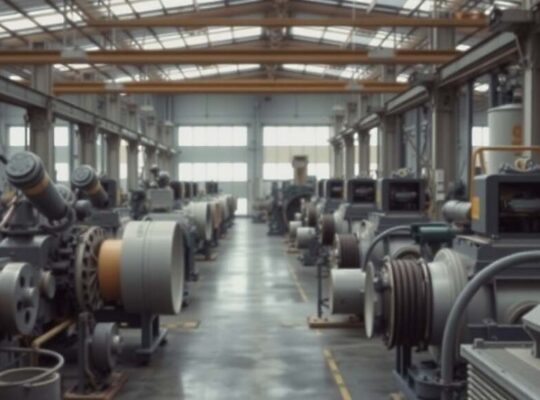The German automotive sector faces a potentially seismic shift as conservative CDU leader Friedrich Merz has publicly challenged the European Union’s planned ban on internal combustion engine vehicles, slated to take effect in 2035. In an interview broadcast Monday evening, Merz declared the ban “wrong” signaling a brewing political battle within Germany’s coalition government and a potential pushback against the EU’s ambitious climate agenda.
Merz argued that Germany should adopt a more “technology-open” approach during the coming weeks and months, implying a willingness to reconsider the ban’s rigidity. He criticized the EU Commission for accelerating the decision-making process, insisting that Germany should not become a nation stubbornly clinging to a flawed policy.
The CDU leader explicitly refuted claims that questioning the combustion engine ban constitutes a step backward. Instead, he emphasized the continued necessity of these engines, particularly in the heavy-duty trucking sector and warned that unilaterally prohibiting a technology stifles innovation and development. He insisted Germany’s industry must remain a participant in global advancements, even those concerning diesel engine technology.
The issue remains a point of contention within the German coalition, with Environment Minister Carsten Schneider (SPD) reportedly unconvinced by Merz’s position. While the CDU seeks to foster a landscape where various technologies can coexist, the SPD appears to be prioritizing adherence to the EU’s timeline for transitioning to electric vehicles.
This stance throws into question Germany’s commitment to the EU’s green initiatives and exposes a deep-seated ideological divide within the governing alliance. Political analysts suggest Merz’s open challenge will inject significant tension into the upcoming Thursday coalition meeting, potentially triggering a wider debate about the balance between climate targets, industrial competitiveness and technological autonomy within Germany and across the European Union. The outcome could significantly reshape the future of the automotive landscape and Germany’s role in climate policy.












